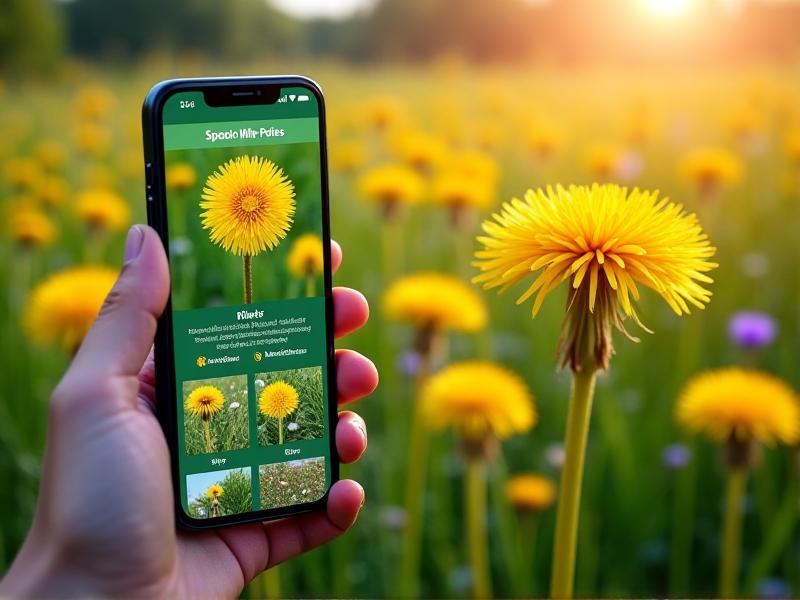Navigating Permit Systems for Ethical Wild Harvesting in State Reserves
Understanding Ethical Wild Harvesting in State Reserves
Ethical wild harvesting involves the sustainable collection of natural resources from the wild, ensuring that ecosystems remain intact and biodiversity is preserved. In state reserves, this practice is regulated through permit systems designed to balance human needs with environmental conservation. These permits are essential for maintaining the delicate equilibrium between resource utilization and ecological health. By understanding the principles of ethical wild harvesting, individuals and organizations can contribute to the preservation of natural habitats while responsibly accessing the resources they need.

The Importance of Permit Systems in Conservation
Permit systems play a crucial role in conservation efforts within state reserves. They act as a regulatory framework that ensures only authorized individuals or entities can harvest resources, and that this is done in a manner that minimizes environmental impact. These systems help prevent overharvesting, habitat destruction, and the depletion of species. By requiring permits, state authorities can monitor and control the extent of harvesting activities, ensuring that they align with conservation goals and sustainable practices. This not only protects the environment but also supports the long-term availability of natural resources for future generations.

Navigating the Permit Application Process
Applying for a permit to harvest in state reserves can be a complex process, but understanding the steps involved can make it more manageable. Typically, the process begins with researching the specific requirements for the reserve in question, which may include submitting detailed plans of the intended harvesting activities, demonstrating knowledge of sustainable practices, and providing evidence of compliance with local regulations. Applicants may also need to undergo training or certification programs to ensure they are equipped with the necessary skills and knowledge. By carefully preparing and adhering to the guidelines, applicants can increase their chances of obtaining a permit and contributing to ethical wild harvesting efforts.

Challenges and Solutions in Ethical Wild Harvesting
Despite the benefits of permit systems, there are challenges that can hinder ethical wild harvesting in state reserves. These include bureaucratic delays, limited access to information, and conflicts between different stakeholders. To address these issues, it is essential to foster collaboration between government agencies, conservation organizations, and local communities. Streamlining the permit application process, providing clear and accessible guidelines, and offering support to applicants can help overcome these obstacles. Additionally, raising awareness about the importance of ethical wild harvesting and its role in conservation can encourage more people to participate in sustainable practices.
Case Studies: Successful Ethical Wild Harvesting Initiatives
Examining successful ethical wild harvesting initiatives can provide valuable insights and inspiration for others. For example, in some state reserves, community-led harvesting programs have been established, where local residents are trained and authorized to collect resources sustainably. These programs not only support conservation goals but also provide economic benefits to the community. Another example is the use of technology, such as GPS tracking and data analysis, to monitor harvesting activities and ensure compliance with permit conditions. By learning from these case studies, other reserves can adopt similar strategies to promote ethical wild harvesting and achieve positive outcomes for both the environment and local communities.
Future Directions: Enhancing Permit Systems for Greater Impact
As the demand for natural resources continues to grow, it is crucial to enhance permit systems to ensure they remain effective in promoting ethical wild harvesting. This can involve incorporating advanced technologies, such as blockchain for transparent tracking of permits, or using artificial intelligence to analyze data and predict environmental impacts. Additionally, expanding educational programs and resources can empower more individuals and organizations to participate in sustainable harvesting practices. By continuously improving permit systems and fostering a culture of conservation, we can ensure that state reserves remain vibrant and resilient for generations to come.








